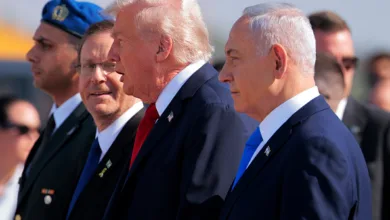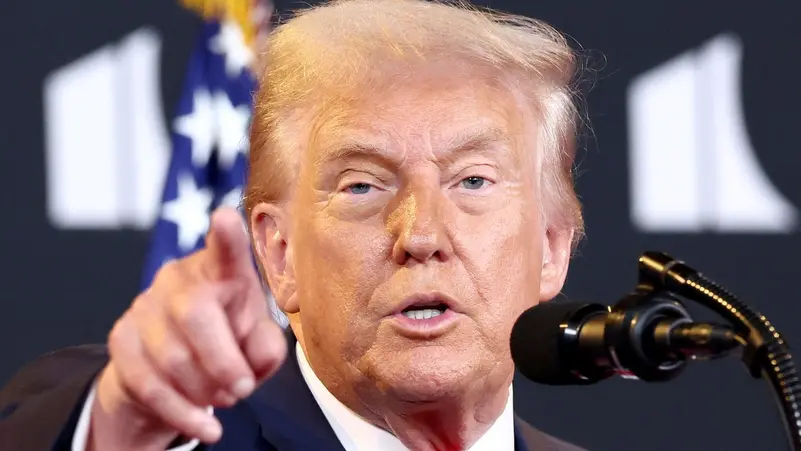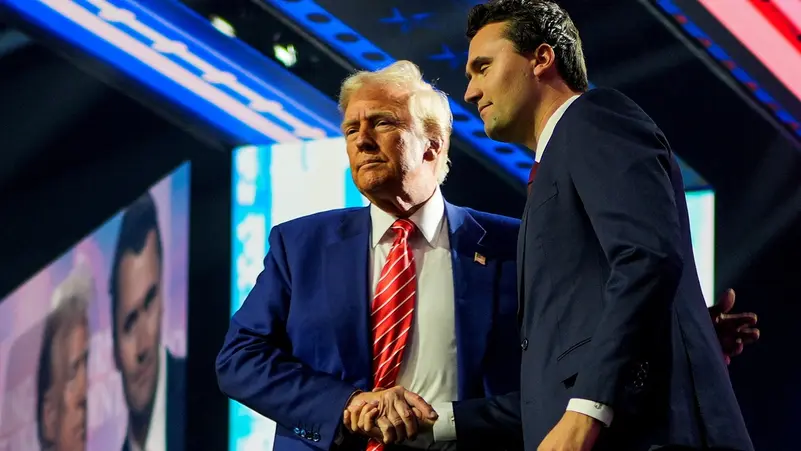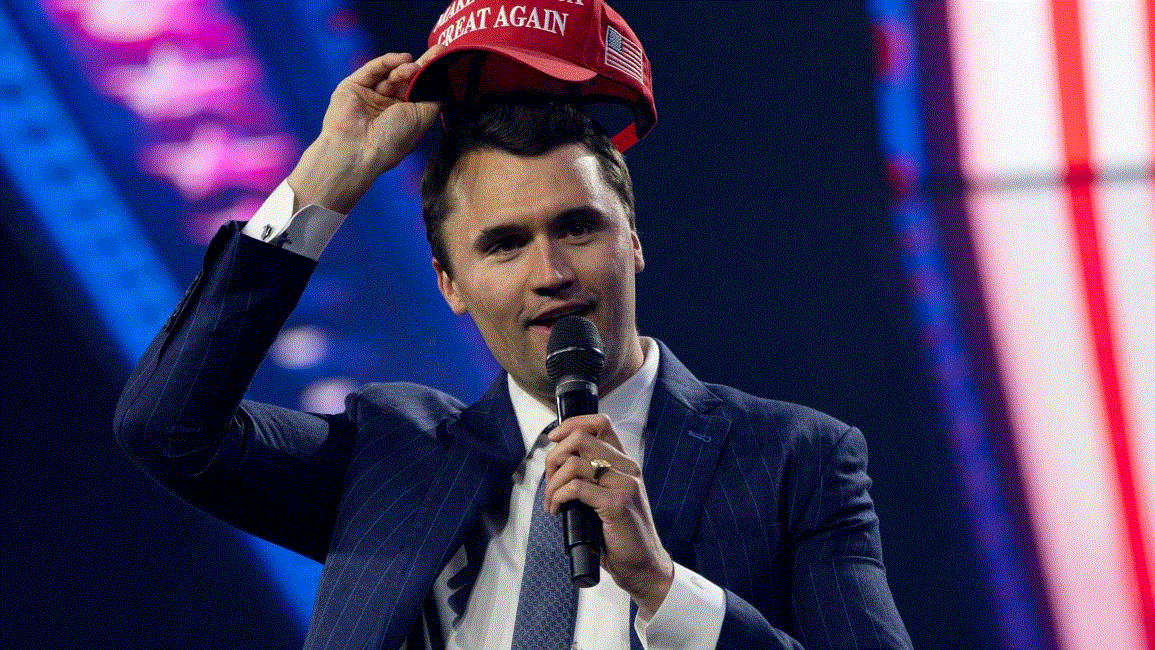Netanyahu Heads to Washington: Is a “Grand Deal” Possible?
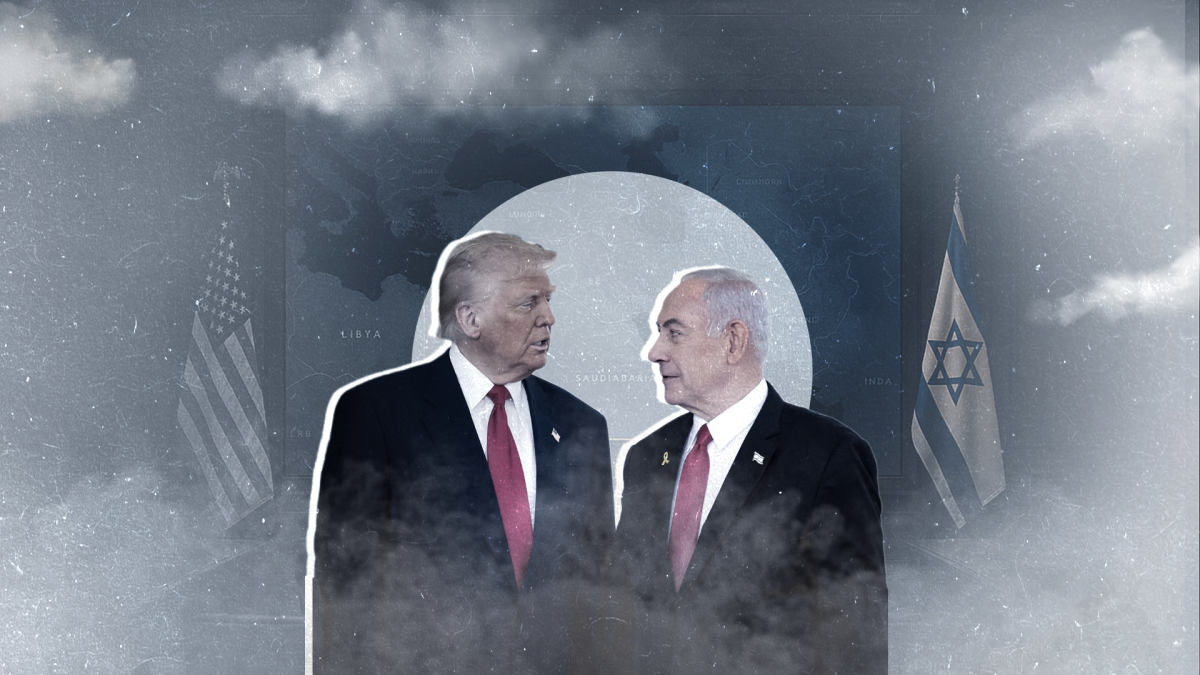
The sudden end of the “12-Day War” between Israel and Iran was highlighted in an evening post by former U.S. President Donald Trump on Truth Social, detailing procedural aspects of the ceasefire. Yet, ten days later, the so-called “grand plan” remains vague, raising questions about what comes next in U.S.-Israel-Iran relations. Breaking News outlets are closely following developments.
President Trump and Israeli Prime Minister Benjamin Netanyahu aim to establish a clear framework for engagement with Iran. Michael Makovsky, President of the JINSA Institute, described this task as the “highest priority” for the third summit between Netanyahu and Trump since the former returned to power in January 2025. The meeting is expected to explore a comprehensive “grand deal” that could reshape the Middle East.
Reports suggest that the proposed deal may include ending the Gaza conflict, securing the release of all hostages, U.S. recognition of Israeli sovereignty over parts of the West Bank, and expanding the Abraham Accords to include Saudi Arabia, Syria, and Lebanon. Analysts caution that progress toward these objectives may be incremental, highlighting the complex geopolitics at play.
Will the Iranian Regime Collapse?
Recent U.S.-Israeli military operations against Iranian nuclear facilities reportedly delayed Iran’s nuclear program by about two years, according to a Pentagon assessment. Initial reports from the Defense Intelligence Agency suggested only minor delays. Defense Secretary Pete Hegseth and other officials emphasized the “historic success” of the strikes, highlighting their impact.
Despite the ceasefire, the question remains: what is Iran’s future trajectory? Trump and Netanyahu need to reach an explicit understanding regarding Iran’s expected actions and boundaries, backed by clear U.S. support if Israel needs to enforce them. Both leaders share the goal of preventing Iran from acquiring nuclear weapons, but their approaches diverge on the current regime. Trump has hinted at “making Iran great again” without regime change, a stance Israel may not fully share. These discussions will be closely covered by Trump News sources.
Gaza and the “Day After”
Trump advocated a 60-day ceasefire in Gaza ahead of the summit to facilitate the release of approximately 50 Israeli hostages. Both Israel and Hamas appear engaged in the agreement, beginning talks on implementation. Nevertheless, fundamental tensions remain. While Trump prioritizes ending hostilities quickly, Netanyahu is focused on “victory in war,” according to former U.S. official Douglas Feith.
Israel aims to remove Hamas from power, a demand resisted by the group, which seeks a permanent end to hostilities in exchange for the hostages. Makovsky notes that Trump is more enthusiastic about a ceasefire, while Netanyahu may have adjusted his stance following recent events with Iran, which reinforced Israel’s reliance on U.S. support. Retired Israeli Brigadier General Asaf Orion sees the ceasefire as an opportunity for practical “day-after” planning, including alternative governance, disarmament, humanitarian relief, and reconstruction efforts.
The Ambition of a Grand Deal
A key component of the reported “grand deal” is West Bank sovereignty. Trump’s earlier peace plan suggested U.S. recognition of Israeli sovereignty over parts of the West Bank alongside a Palestinian state in other areas. Challenges persist: “Expanding the Abraham Accords and annexation do not align,” said Orion, as some Arab states joined the Accords to halt annexation efforts. Makovsky expressed skepticism about comprehensive arrangements, especially regarding Arab armies securing Gaza or linking agreements to broader regional deals.
Nonetheless, the expansion of the Abraham Accords remains central to U.S. foreign policy and a pillar of the proposed “grand deal.” Syria and Lebanon have emerged as potential participants, in addition to Saudi Arabia, with Israeli Foreign Minister Gideon Sa’ar confirming interest. U.S News sources note the careful diplomatic negotiations required.
Will Assad Change Course?
Reports indicate Syria’s new leader, Ahmed al-Shara’, is interested in an agreement with Israel to rebuild his war-torn country. Historical skepticism remains, as past dealings with leaders like Yasser Arafat showed the challenges of ideological commitments. Feith suggests a cautious attempt may be worthwhile, noting that al-Shara’s opposition to Iran could motivate improved relations with Israel, particularly if Israel retains the Golan Heights. Saudi Arabia’s normalization conditions are stricter, requiring substantive progress on the Palestinian issue beyond a short-term ceasefire, as highlighted by Makovsky.
Israel’s Advanced Defense Needs
The U.S.-Israel security relationship remains foundational, supported by annual military aid exceeding $3 billion and recent weapons deals. Netanyahu and Trump are expected to discuss advanced defense capabilities, particularly regarding Iran. Legislative initiatives may grant Trump authority to transfer B-2 stealth bombers and 30,000-pound bunker-buster bombs to Israel if Iran continues nuclear development. Historically, the U.S. has retained exclusive ownership of B-2s, while Israel lacks similar munitions. Makovsky underscores the need for U.S. support to enforce new conditions should Iran violate agreements. World observers note the strategic implications of these discussions.
Political Calculations
Both leaders navigate complex domestic political landscapes. Trump, fresh from passing a $4.5 trillion budget, seeks foreign policy victories aligned with his “America First” agenda. Netanyahu faces ongoing corruption trials, protests, and criticism over the Gaza war. Orion observes that the recent Iran conflict may have shifted Netanyahu’s calculations,
